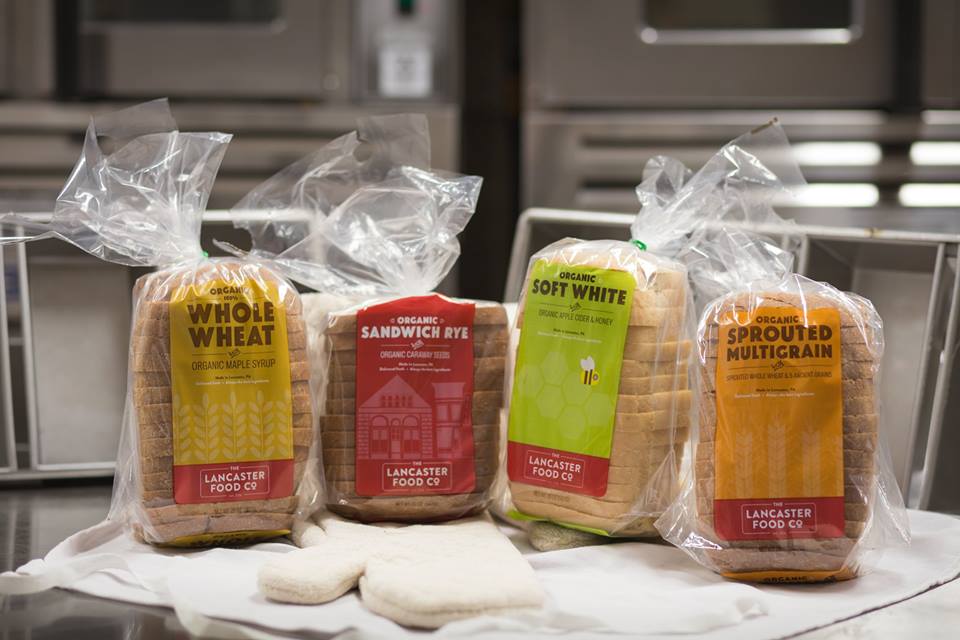Better-for-employee practices fuel success at Lancaster Food Company
Values-driven mission leads to expansion in 2016.

Like many better-for-you food companies, Pennsylvania-based Lancaster Food Company was formed with the mission of providing high-quality organic food. It makes certified organic sandwich breads with ingredients sourced from organic farmers as close to home as possible. But, if you ask co-founder and CEO Charlie Crystle, the company’s mission also includes an equally important better-for-the-community component: to have a significant impact on the economic wellness of the city of Lancaster, which has a 30 percent poverty rate.
Here’s how this mission-driven brand is making a positive impact in its home city.
Opportunity for all: Lancaster Food Company offers a $15 per hour minimum wage—more than double the Pennsylvania standard of $7.25 per hour—and prioritizes hiring workers with employment obstacles like challenging personal histories or education, literacy or language barriers. The result? Employees tend to be more loyal to the company, which decreases costly turnover rates. "We choose to pay this because a ‘living wage’ is really just a scraping-by wage, which isn’t good for our employees or the community," says Crystle. "When you pay an honest day’s pay for an honest day’s work, employees are much more personally invested in the success of the company."
Employee stock options: Starting next year, Lancaster Food Company will set aside 30 percent of the company for its employees, through stock options. Why? Crystle says it builds loyalty, since employees with an ownership stake in the company "are more invested in their work," which ultimately shows in the quality of its products, made mostly by hand.
Healthy growth: The company is currently in the process of moving part of its manufacturing capabilities into a new 8,200-square-foot facility. This move will result in a doubling of its workforce by June 2017. “The more we grow, the more we hire, and the more impact we can have,” says Crystle. Up next? Partnering with chains and brands looking for private label options (the new facility can make up to 10,000 units per day), and expanding beyond its current distribution market in the northeast.
About the Author(s)
You May Also Like


